Search
Search Results
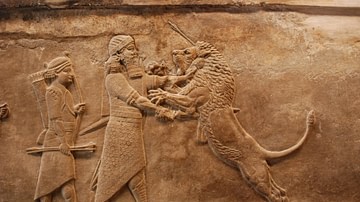
Definition
Mesopotamia
Mesopotamia (from the Greek, meaning 'between two rivers') was an ancient region located in the eastern Mediterranean bounded in the northeast by the Zagros Mountains and in the southeast by the Arabian Plateau, corresponding to modern-day...
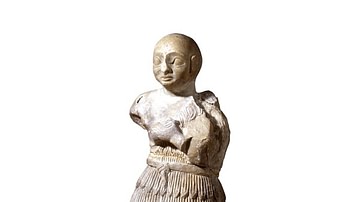
Definition
Early Dynastic Period (Mesopotamia)
The Early Dynastic Period of Mesopotamia is the modern-day archaeological term for the era in Mesopotamian history – 2900-2334 BCE – during which some of the most significant cultural advances were made including the rise of the cities, the...
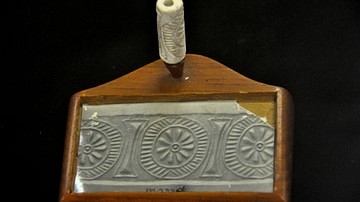
Article
Cylinder Seals in Ancient Mesopotamia - Their History and Significance
Among the most interesting and revealing artifacts discovered from ancient Mesopotamia are cylinder seals. These fairly small items may be seen today in museum exhibits around the world but, perhaps owing to their size, they are not given...
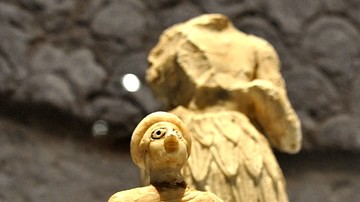
Article
Sumerian Civilization: Inventing the Future
Imagine something that has never been thought of before. If one holds a book in one's hands, one can imagine an e-book, a large-print book, a picture book, all kinds of books. But how does one imagine a book in a world where even the concept...
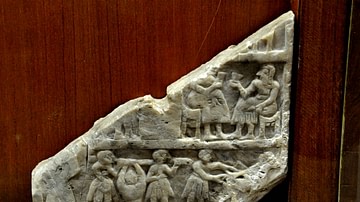
Article
Daily Life in Ancient Mesopotamia
Daily life in ancient Mesopotamia cannot be described in the same way one would describe life in ancient Rome or Greece. Mesopotamia was never a single, unified civilization, not even under the Akkadian Empire of Sargon of Akkad (the Great...
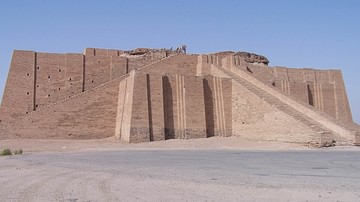
Article
Ten Ancient Mesopotamia Facts You Need to Know
Mesopotamia is the ancient Greek name (meaning “the land between two rivers”, the Tigris and Euphrates) for the region corresponding to modern-day Iraq and parts of Iran, Syria, and Turkey. It is considered the “cradle of civilization” for...
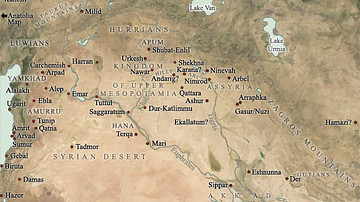
Image
Map of Mesopotamia, 2000-1600 BCE
A general map of Mesopotamia and its neighbouring territories which roughly covers the period from 2000-1600 BCE reveals the concentration of city states in Sumer, in the south. This is where the first true city-states arose, although...
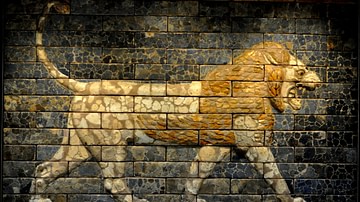
Definition
Mesopotamian Art and Architecture
Ancient Mesopotamian art and architectural works are among the oldest in the world, dating back over 7,000 years. The works first appear in northern Mesopotamia prior to the Ubaid Period (c. 5000-4100 BCE) and then developed in the south...
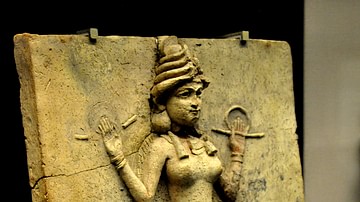
Collection
The Civilizations of the Near East, The People of Mesopotamia
This collection focuses on providing supplementary materials to students who want to enhance their school history studies and to teachers who want a more concise coverage of each lesson that they deliver. This chapter examines the economic...

Article
Mesopotamia: The Rise of the Cities
Once upon a time, in the land known as Sumer, the people built a temple to their god who had conquered the forces of chaos and brought order to the world. They built this temple at a place called Eridu, which was “one of the most southerly...